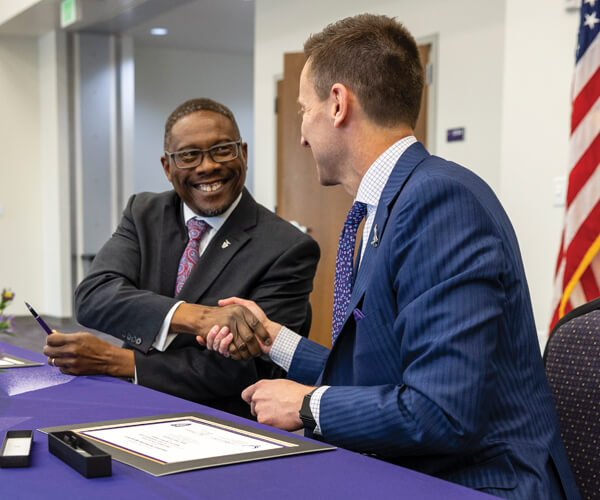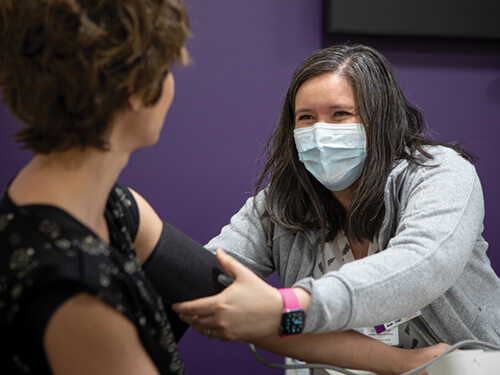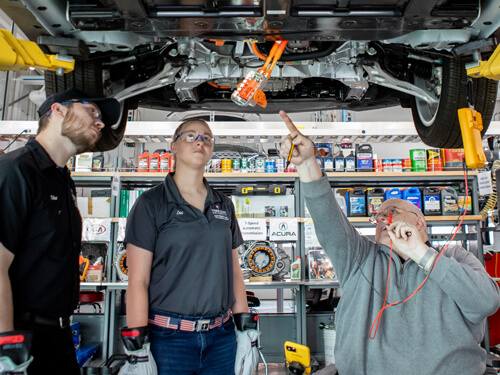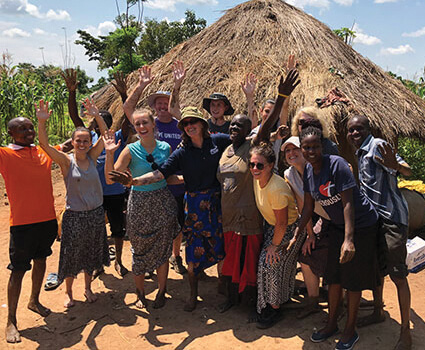Weber State’s Doctor of Nursing Practice (DNP) received accreditation by the Accreditation Commission for Education in Nursing (ACEN) in March 2022.
ACEN pointed to WSU’s student support services, particularly resources to help students with writing, and tech equipment for students and faculty from the university’s Digital District as strengths.
Twenty-seven Ogden City residents completed the program, which provided them with a diagnosis and any necessary medication, guidance for improving their lifestyle choices to prevent high blood pressure, and education regarding self-management techniques, like measuring their blood pressure and recognizing symptoms.
“I hope that the research will be used to show that there is a need for more programs like this and that people are willing to participate and adjust their lifestyles if we give them the tools to do so,” Jara said.
Cox said he believes he made a difference, since nearly half of the participants didn’t know they had high blood pressure to start.
“Over time, high blood pressure causes damage to the arteries, and when those arteries get damaged, that can lead to a stroke, heart attacks, kidney disease and all sorts of organ problems,” Cox said. “If you can catch it and get it under control before it’s too high for too long, you can prevent a lot of cardiovascular problems.”
Many participants represented Ogden’s Hispanic and Latino communities, along with low-income residents. Researchers recruited participants at local gatherings, like 5K races, and at a local grocery store chain.






